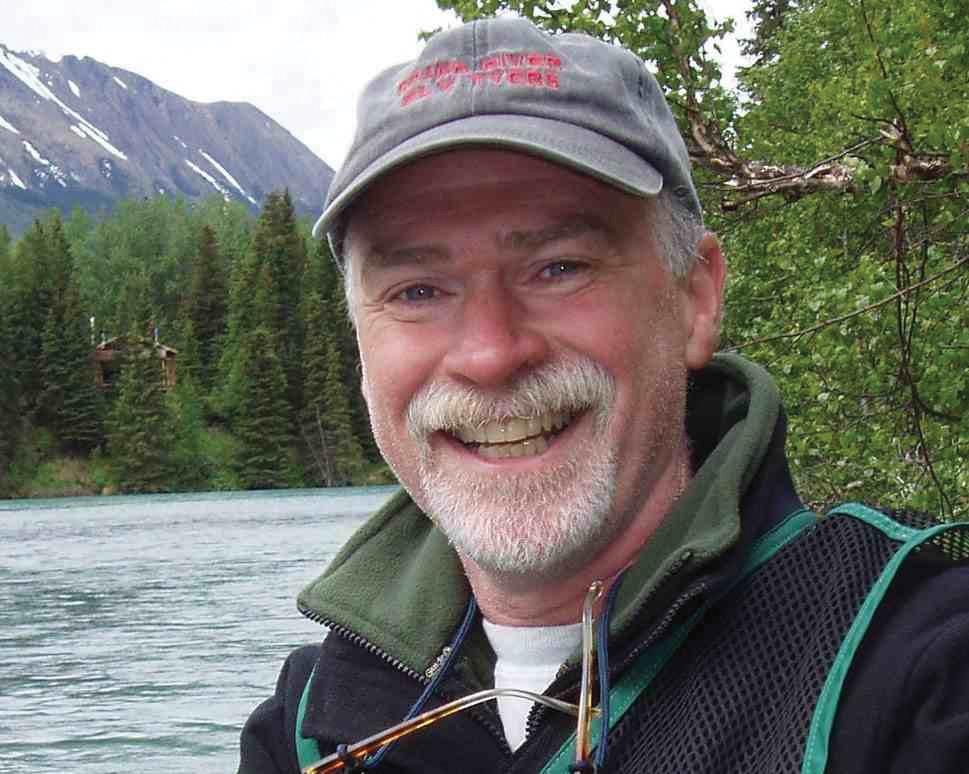GV professor acts as witness to water pollution case

GVL / Courtesy – www.gvsu.edu Professor Mark Luttenton
Mar 3, 2016
For almost a month now, an ongoing trial concerning the pollution of the AuSable River, near Grayling, Michigan has been taking place. A group of conservationists named The Anglers of the AuSable have called on the help of Mark Luttenton, a biology professor at Grand Valley State University, to back up their testimony.
The issue began when an old fish hatchery that had been used to promote healthy numbers of trout in the water was sold to a new owner, who then planned to make the location into a mass production site, meaning the hatchery would produce huge amounts of fish to be sold commercially to grocery stores and restaurants.
The Anglers of the AuSable decided to step in once the owner received a permit to begin production. The group decided to file an administrative law hearing against the hatchery and asked Luttenton to testify as an expert witness.
Luttenton, a research scientist for the Annis Water Resources Institute (AWRI), has studied the AuSable River for more than five years. He said the AuSable has a long history of pollution and contamination and the conservation group is working to prevent history from repeating itself.
Luttenton said the river was pretty destroyed in the 60s and 70s from logging, but has since improved in condition. The conservation group wants to make sure the river doesn’t succumb to further pollution threats.
“When you are producing fish at such a large quantity, there are some byproducts that can affect the water,” Luttenton said. “A large amount of nutrients and minerals from the fish will be released into the water, as well as hatchery sludge.”
The hatchery sludge consists of fecal matter from the fish and those nutrients and minerals can be difficult to filter out by water treatment plants.
Luttenton said he found that the existing fish on the east side of the river are not recommended for consumption due to above-average levels of toxins in the fish tissue.
“To commercially produce fish in an area where the fish are not recommended to be eaten just doesn’t seem right,” Luttenton said. “If these fish are going to be sold to grocery stores and restaurants, we need to make sure they are safe.”
Luttenton said the conservation group is not completely opposed to having a fish hatchery on the river, but they want to make sure it will be done safely and protect the water.
Many Michigan residents have ties to the Grayling area, as it is a popular destination for summer cottages. GVSU student Cara Morelli said the river is an area that’s very special to her family.
“My family and I always go there in the summer; we bond over fishing on the river,” Morelli said. “So the less polluted the water is, (that) means the safer it is for swimming and there will be more fish, too.”
The trial for this case is still pending as both sides have called expert witnesses to testify. If a ruling is reached, the parties will have a chance to appeal the decision.





















